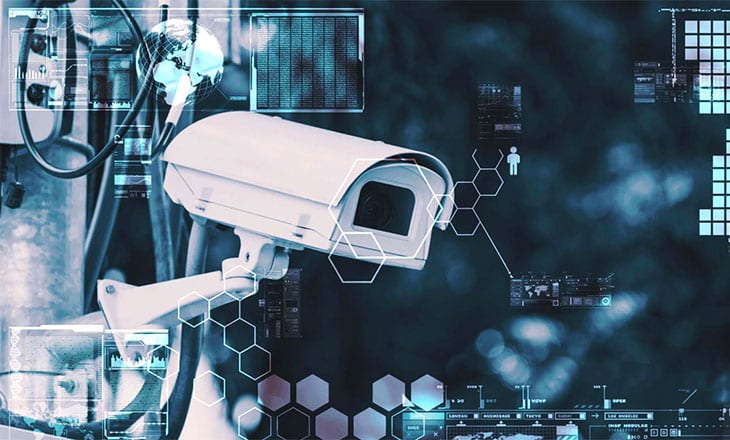A major stumbling block that crypto exchanges face is the issue of price manipulation and the lack of sufficient monitoring and surveillance tools to address these concerns on a daily operating basis. Until progress is made in this area, the SEC and major institutional players will not embrace cryptocurrencies going forward. Two former fintech engineers from Goldman Sachs (NYSE:GS) have decided to do something about this glaring need. Their U.S.-based crypto surveillance startup has just raised $3 million in seed funding.
Solidus Labs, provider of a machine learning and artificial intelligence-powered trade surveillance platform for digital assets, announced that its $3 million funding was secured by the early-stage investment firm Hanaco Ventures, along with support from Global Founders Capital and Wall Street veterans David Krell and Norman Sorensen.
Per its announcement:
The investment will go toward expanding the firm’s expertise in engineering and machine learning, as well as boosting its sales, marketing and customer service teams, in order to further develop its platform.
Crypto exchanges today are woefully behind the curve when it comes to monitoring software. The Nasdaq has been working in cooperation with several exchanges, sharing expertise in this area, but traditional trading surveillance software, although it might work well in the forex arena, has been labeled as “outdated” and unable to satisfy the unique requirements of volatile digital assets.
Solidus’ founder and CEO Asaf Meir stated that:
Our machine learning-powered surveillance system is able to continuously learn as new patterns emerge and reveal new manipulation schemes or openings for manipulation. It enables responding as things happen rather than retroactively.
The potential for price manipulation has been a hot button with Jay Clayton, the chairman of the U.S. Securities and Exchange Commission. He has cited it on several occasions when he denied applications for the much-anticipated Bitcoin ETF. The New York Office of the Attorney General has similar concerns, as well. In a report released last September, it claimed that “many [exchanges] are vulnerable to market manipulation”, although several exchanges denied the findings.
It seems only appropriate that machine learning and AI techniques, the new wave of innovation sweeping the planet, would be brought to bear on other modern advances in technology. Digital assets are a new asset class, without a great of historical data to back-test software. Solidus, however, already has prototypes operating in the field with clients, including exchanges, broker-dealers, hedge funds and market makers in Europe, the U.S. and Israel. The fine-tuning process is already producing results, as the firm claims to have reduced false-positive signals by 30 percent.
For crypto exchanges to move to the next level, enhancements must be made in security infrastructure and basic monitoring processes. Lior Prosor, general partner at Hanaco Ventures, said:
Although it might sound cliched, the digital asset ecosystem is in dire need of good ‘picks and shovels’ rather than more end applications. We believe regulation and security are the ultimate ‘enablers’ in this space, and that regulating a market powered by groundbreaking technology requires groundbreaking compliance infrastructure.
